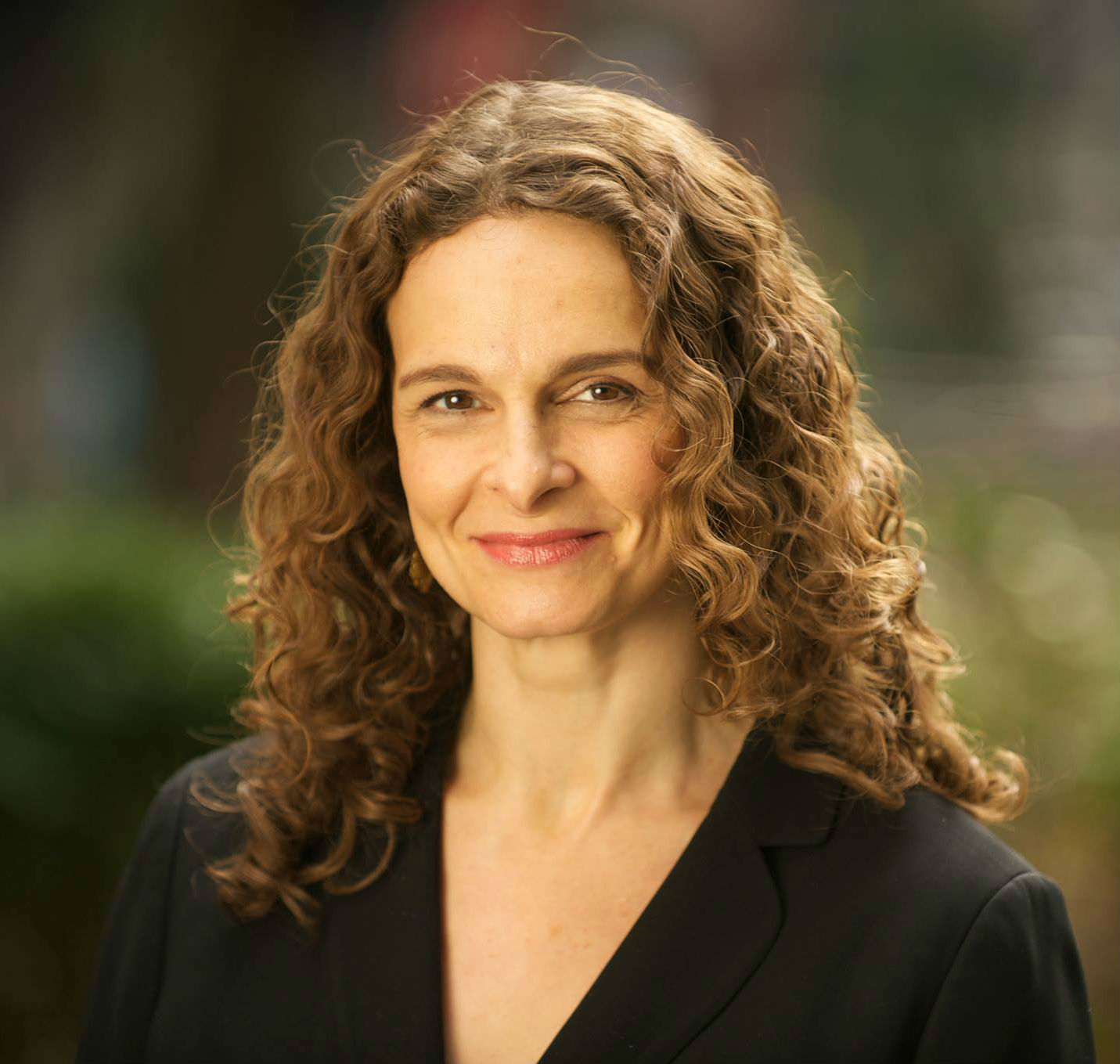In December I sat with M., a thirty-four year old man who is seeking asylum. Over the course of 3 ½ hours, M. told me what he had endured for many years in his country that propelled him to leave his home and his country to embark on a harrowing journey in search of asylum. M. had suffered unending torture at the hands of government security forces. He had tried to escape once before only to be sent back to prison to be tortured again. M. spoke quietly of the trial after trial that he endured. I have returned in my mind to many parts of this encounter, but what most stands out was his visible fear. Fear not only in his country, but fear during his journey, and now his heart-pounding fear of being returned.
Jews have fled many countries over thousands of years. Our journey out of Egypt paints a vivid picture of the emotions attending these flights: As Pharaoh drew near, the Israelites caught sight of the Egyptians advancing upon them. Greatly frightened, the Israelites cried out to the Lord. And they said to Moses, “Was it for want of graves in Egypt that you brought us to die in the wilderness? What have you done to us, taking us out of Egypt? Is this not the very thing we told you in Egypt, saying, ‘Let us be, and we will serve the Egyptians, for it is better for us to serve the Egyptians than to die in the wilderness?’” (Exodus 14:10-12)
In response to the cries of the people, Moses himself cries out to God, though the nature of his plea is not immediately clear. God also seems confused by Moses’ appeal, and responds, saying, “Why are you crying out to me? Tell the Israelites to move forward!” (Exodus 14:15) The biblical commentator Seforno says that Moses was afraid that the Israelites would not follow his instructions, so Moses was crying out to God for advice. Rabbi Avi Weinstein interprets Seforno further saying that God’s response is a rebuke to Moses, who doubts the children of Israel’s resolve. Assuming they are simply complaining, Moses fails to understand that they are truly frightened.
Fear is so often at the core of why people flee their homes and that fear continues – for good reason – as they travel. This summer fear drove tens of thousands of unaccompanied children from Honduras, Guatemala, and El Salvador and propelled them to our borders. Imagine how terrified a parent must be of what is happening in her country to decide to send her 9 year old out alone to traverse across three countries on foot and atop trains, a journey fraught with danger and uncertainty. And whose end might not bring safety after all.
Indeed, when many asylum seekers cross our borders, they are detained in jail-like conditions. Initially, most of the children who crossed this summer were not given legal counsel to help them navigate the complex U.S. immigration court system. HIAS and other refugee and immigrant organizations are advocating for appropriate legal representation in addition to adequate shelter, food, and clothing for these children. Beyond having their basic human needs met, asylum seekers need to be welcomed into our communities and our schools. Whether children or adults, refugees and asylum seekers should find in America a nation where their fears can finally come to an end.
As Jews we know too well the experience of being forced to flee our homes from countries across the globe, generation after generation. We now have the opportunity to accompany people on their journey as they come frightened to a new land. Just as God provided guidance, protection, provisions, and reassurance to the Israelites, with manna, accompanying angels, a pillar of fire, and a pillar of cloud (and still the Israelites struggled constantly with their fears!), we must now be God’s partners in accompanying today’s refugees. We can recognize their fear and support them as they adjust to a new land.
But it is not only refugee and asylum seekers who are afraid. Often we ourselves are also scared. We fear an influx of strangers. We are afraid they will overcrowd our schools, tax our already stretched social services, take our jobs, and overwhelm our culture. As religious leaders, we have a role to play in recognizing this fear but also in staying alert to the danger of policies rooted in fear. Fear can be legitimate, but operating primarily from fear clouds judgment, obscures creative options, and suppresses our natural sympathies. We cannot be like Moses and overlook or dismiss the real fear among many in our nation, our communities, and even ourselves. We are challenged to help manage these fears so that we – and those whom we accompany – can, like the Israelites in this week’s parsha, move forward in our search for a home where none shall be afraid.
Rabbi Jennie Rosenn is the Vice President for Community Engagement at HIAS, the international Jewish organization that protects refugees. Prior to joining HIAS, Jennie served as the Program Director for Jewish Life and Values at the Nathan Cummings Foundation.

